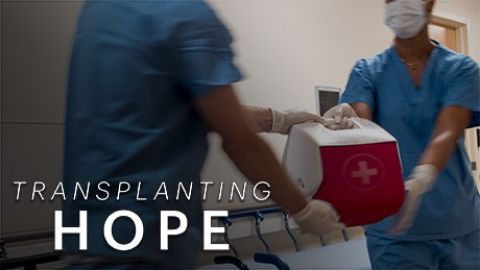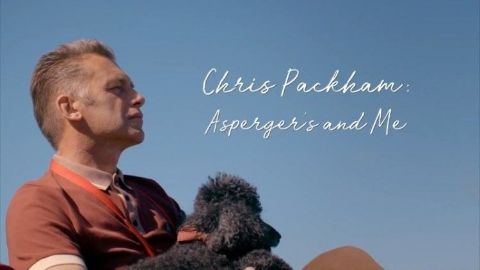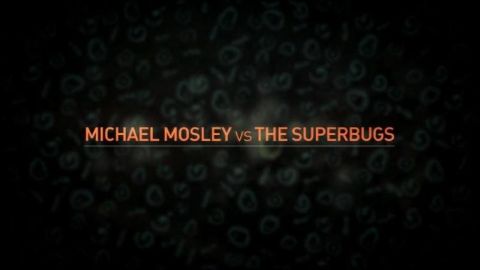Michael Mosley vs the Superbugs • 2017
For 70 years we've waged war against harmful bacteria using antibiotics. But bacteria are fighting back and today more and more bacterial infections are becoming resistant to antibiotics. Drug-resistant superbugs are spreading; not just MRSA - also TB, pneumonia, e-coli. In Britain, hundreds are already dying of these infections - mainly the very young or the frail and elderly. But experts warn that unless we crack the problem, by 2050 we'll be facing a massive health crisis with over 10 million people dying of resistant bacterial infection worldwide every year.
Make a donation
Buy a brother a hot coffee? Or a cold beer?
Hope you're finding these documentaries fascinating and eye-opening. It's just me, working hard behind the scenes to bring you this enriching content.
Running and maintaining a website like this takes time and resources. That's why I'm reaching out to you. If you appreciate what I do and would like to support my efforts, would you consider "buying me a coffee"?
Donation addresses
BTC: bc1q8ldskxh4x9qnddhcrgcun8rtvddeldm2a07r2v
ETH: 0x5CCAAA1afc5c5D814129d99277dDb5A979672116
With your donation through , you can show your appreciation and help me keep this project going. Every contribution, no matter how small, makes a significant impact. It goes directly towards covering server costs.





